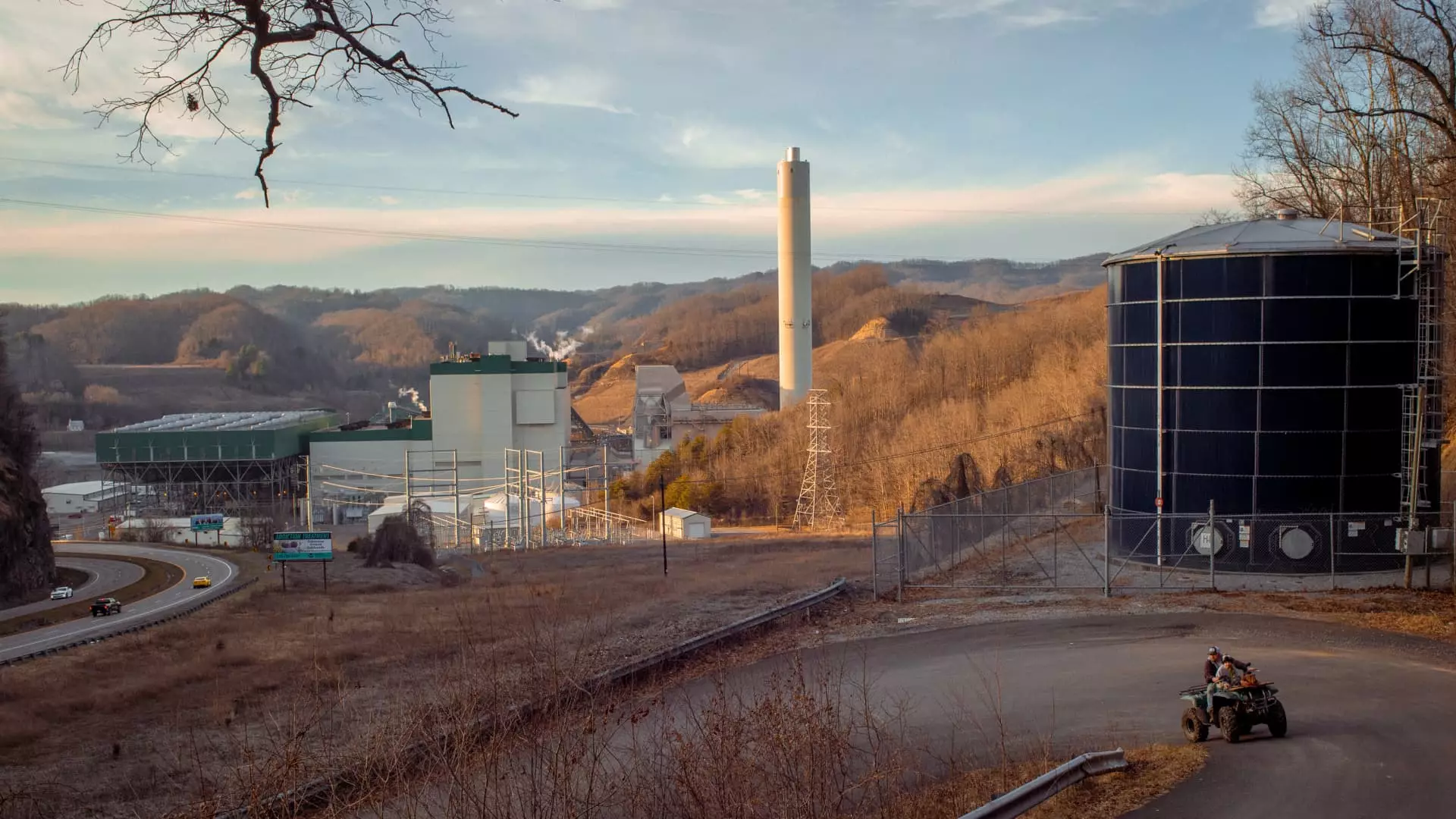Dominion Energy, a leading utility provider based in Virginia, has embarked on a transformative journey aiming to revolutionize its energy provision strategies. The company’s recent collaboration with tech giant Amazon reflects a significant step toward the research and development of small modular nuclear reactors (SMRs). During the third-quarter earnings call, Dominion’s CEO, Robert Blue, expressed optimism about engaging with prominent technology firms to explore this innovative avenue of carbon-free energy. Such partnerships signify a vital shift in how large-scale electricity consumers view nuclear power, especially in the context of climate commitment and energy requirements.
The dialogue surrounding nuclear energy’s role in combating climate change has intensified, especially given the global shift towards sustainability. SMRs, with their capacity to generate around 300 megawatts of power, represent a promising solution for regions aiming to maintain a stable energy supply while decarbonizing. The fact that Virginia is recognized as a nuclear-friendly state, bolstered by bipartisan support for next-generation nuclear initiatives, highlights the unique combustible potential of this technology. Blue’s remarks underline the utility’s strategic positioning as a reliable operator in the nuclear sector, placing Dominion at the forefront in discussions with other tech companies keen on investing in sustainable energy solutions.
As the world leans more towards technology, the energy demands of data centers—especially those powered by artificial intelligence—are rapidly increasing. In this context, both Dominion and Amazon have tapped into a mutually beneficial opportunity to explore SMRs as a reliable energy source. Tied closely to this is the ongoing trend of tech companies investing in nuclear energy as a sustainable alternative to support their sprawling operations. The move by Amazon to acquire a data center campus powered by the Susquehanna nuclear plant is a clear indication of this growing interest. Underlying these enterprise dynamics is a collective urgency to harness reliable, carbon-free electricity to sustain the burgeoning data processing demands.
Despite the promise that SMRs hold, it is essential to recognize the challenges that have hindered their commercialization thus far. Currently, the absence of operating small modular reactors in the United States attests to the complexities faced in scaling this technology. However, the potential advantages of SMRs—such as reduced capital costs, smaller physical footprint, and simpler manufacturing processes—are pivotal factors that could accelerate their development once commercial viability is achieved. As the conversation around nuclear energy evolves, these challenges should not deter innovation. Instead, they should ignite collaborative efforts among stakeholders in both utility and tech sectors to ensure that this green technology reaches its potential.
The partnership between Dominion Energy and Amazon represents more than just an agreement; it symbolizes the essence of collaboration between traditional energy producers and high-demand tech firms. As nuclear energy finds a new foothold in the quest for sustainable power, the development of small modular reactors could pave the way for a cleaner and more reliable energy future.

